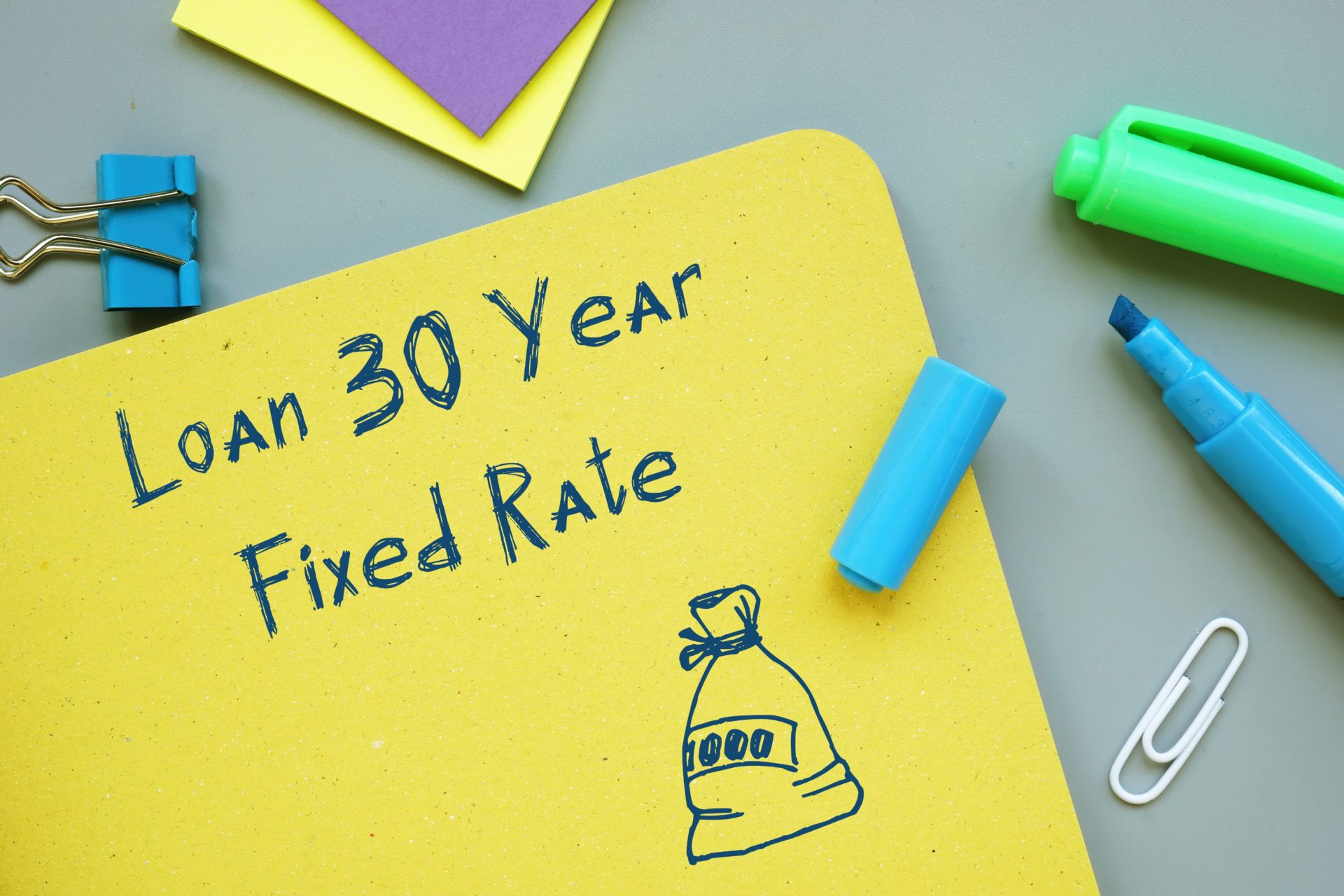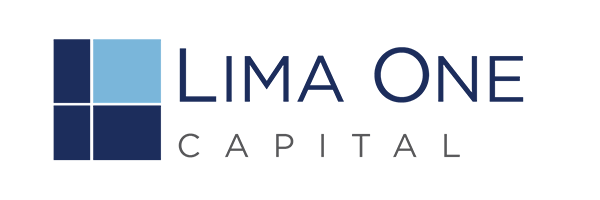
Many investors assume a 30-year fixed commercial mortgage is as common as a 30-year fixed residential home loan—but this isn’t the case. While residential mortgages are abundant due to Fannie Mae and Freddie Mac purchasing loans and securitizing them, commercial lenders rarely offer the same long-term fixed options. Banks typically hold loans in their portfolios and prefer shorter terms with balloon payments to minimize interest rate risk and maximize returns.
Why Residential Loans Are Different
Residential home loans are easier to originate as lenders can sell them to government-backed entities, ensuring immediate return and low risk. Government agencies can hold or securitize these loans over 30 years with predictable returns, making the market for fixed-rate residential loans robust. Commercial loans, however, carry more risk over long periods, making lenders cautious.
Finding 30-Year Fixed Commercial Mortgages
For commercial investors, non-bank lenders and online loan marketplaces are often the best avenue for 30-year fixed mortgages. These lenders can securitize loans or sell them, allowing longer-term fixed financing. While less familiar to some investors, these programs exist and often include flexible qualification criteria.
Eligible Properties and Borrowers
30-year fixed commercial mortgages are available on a wide range of properties including investment residential (1–4 units), multifamily, mixed-use, office, retail, industrial, and more. Borrower requirements can be flexible, with some lenders considering credit scores lower than typical bank standards or offering simplified documentation processes.
Conclusion
Although rare, 30-year fixed commercial mortgages are available for investors who know where to look. By exploring non-bank lenders and commercial loan marketplaces, borrowers can secure long-term fixed-rate financing for a variety of property types, providing stability, predictable payments, and simplified qualification compared to traditional bank loans.




